easily disturbed. Kids will make their nightmares up out of anything,
and the important thing in fiction, if you’re giving them nightmares, is
to demonstrate that nightmares are beatable”.
Obviously I don’t think that everyone should do this as a career choice, nor would I expect everyone to be able to tackle children’s stories well. Not everyone is suited for everything, but, everyone can benefit from trying something that throws them out of their comfort zone, and stories for young readers is a powerful way to get there. On the surface kid’s stories should be the easiest to do, right? I mean kids like simple silly things and it’s about dumbing down and making a narrative version of a goo-goo face, isn’t it?
No. The moment a kid grows out of one word per page board books, they are ready and expect a lot more than the usual presumptions. Kids are smarter than you think and in many respects smarter as a baseline than the smartest person you know. They can spot a fraud a miles away and still be fooled by the coin-in-the-ear magic trick. They are insane madhouse creatures with the playbook on how to rule the world. And they can teach us everything. If you’re short on time I encourage you to ignore the article below and instead just print this below and be done with it knowing you have a good and solid start right here:
For those of you still with us, here’s more:
KIDS ARE SMARTER THAN YOU ARE
No they can’t drive a car or maybe do your taxes or understand how to get around a wifi security firewall, but they can spot a fraud before it’s even gotten out of bed. Kids know what is true even if they haven’t yet learned what is fact. The moment you start dumbing down your story, because it’s for kids, you have lost them. They may not yet know what they want, but they know what they don’t want moments after encountering it. They know when they’re being lied to and they know when you’re talking down to the, especially in a story. They can be the world’s tiniest narcissists, and from that singular perspective have no time for you making choices at their expense for reasons of your own making. They are living IDs with agency and respecting that, learning to be true and direct can only aid in your task of learning to tell stories to grown people who have complicated their road to understanding. Kid’s lit can teach you how to be honest with your audience and direct with how you speak to them in ways you can’t guess at. The best anecdotal proof of this is how I remember seeing kids react when sitting in the theater during the first Star Wars film, not intentionally made for children, and the Phantom Menace that was quoted by Lucas as being made explicitly for kids: the former had them rapt in silence and on board with every passing frame. The latter saw an audience of bored children ten minutes after it started and a lot of chatter about other things. You lose your audience in kid’s lit, they are gone from you. There’s a lot of them to digest and they will not spend time on anything that doesn’t speak truth to them. Where the Wild Things are, Harry Potter, Wimpy Kid, Captain Underpants, all sell well and consistently because they speak true to their readers. You can throw a jump scare at them only so often before it stops working. Being part of a special gestalt might get you a first read, but the rabid rereading you see with these books is because they are honest and respectful of their intended audience and never talk down or lie to them.
KID’S LIT TEACHES THE FREEDOM OF LIMITS

CHILDREN’S STORIES TEACH US THE POWER OF EMPATHY
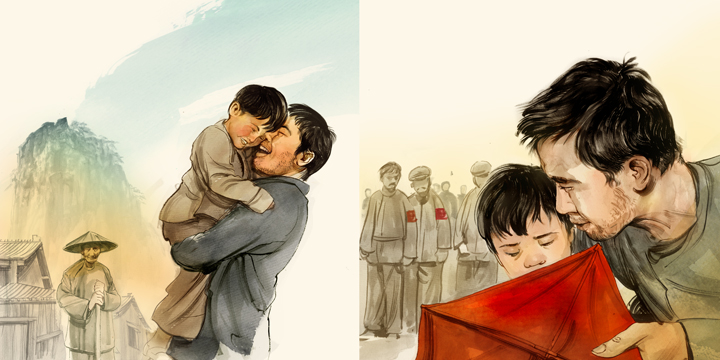
KID’S LIT TEACHES US THE POWER OF SIMPLICITY

CHILDREN REMIND US TO BE FUNNY
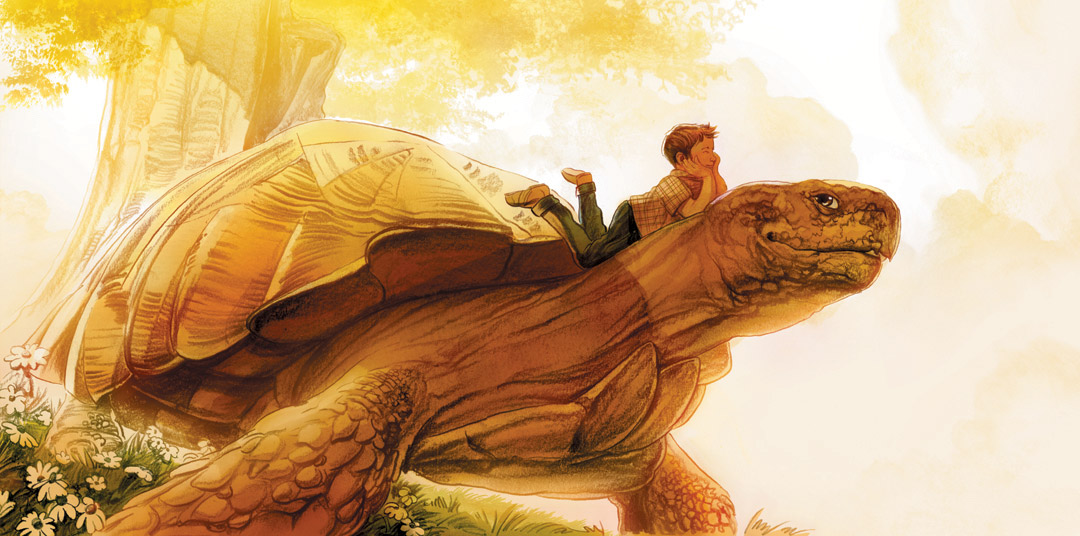
KIDS MAKE US REMEMBER HOW IMPORTANT SCREWING UP IS
While children are harsh critics when lied to, they are also deeply forgiving readers if you show mistakes as part of your character’s life. The reason that Superman is largely boring as a character to most is his lack of fallibility. He’s simply too super to be a man. The reason Greg Hefley speaks to his reader’s hearts is because he is constantly screwing up, learning to do better and then screwing up again. Kids can forgive this Wimpy Kid character because they trust him as real and true thanks to Jeff’s smart writing. No matter how much Greg blows it, his readers love him for it. If you don’t screw up the trust part, a kid will follow you into the darkest woods because he or she trusts you, no matter how lost you get, to find your way out and back into the sunlight. When we grow up this remains. For all the stories we follow and love, that basic element remains however hidden, within the story.
The fundamental principles of storytelling also exist in every good piece of children’s stories. If you can’t tell a story well to kids, you’re not going to be able to do it for grown ups. Even if you never ever seek to publish or sell a children’s story, forcing yourself to write one and do so successfully can be an invaluable exercise. Children’s picture books are the only literary medium meant to be read aloud by design. So in writing one, as Jon Muth encouraged me to do once, read it out loud and heard your words, feel and notice their sound and pitch and how it reads aloud. This exercise at the very least makes you aware of your words, and that alone is an essential lesson right there. Children’s lit teaches us that each word matters. They teach us to be efficient. They teach us to be patient, to respect our audience and to honor their trust. Kid’s lit teaches us how to fly the hard way so it looks easy without the restrictions. Kid’s lit teaches us to remember to laugh and to love and to give our characters those qualities. Kid’s lit teaches us what it is to be people before we forget what people really are while we grown up. Reading, creating and studying children’s literature isn’t about escaping into simplistic worlds and infantilizing your ethic as a writer or a visual storyteller, it’s about rediscovering the lessons you knew long ago but have now forgotten.


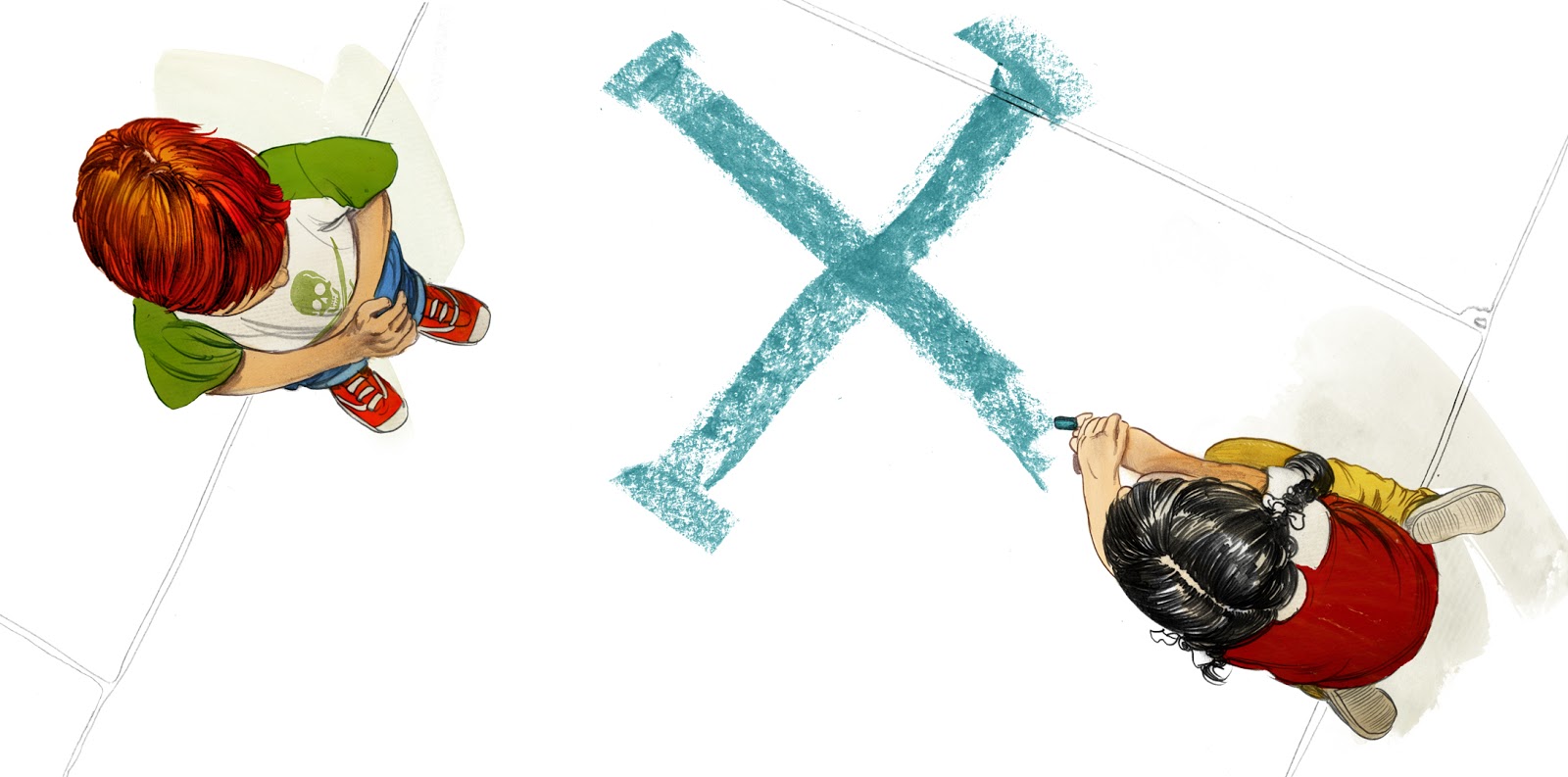



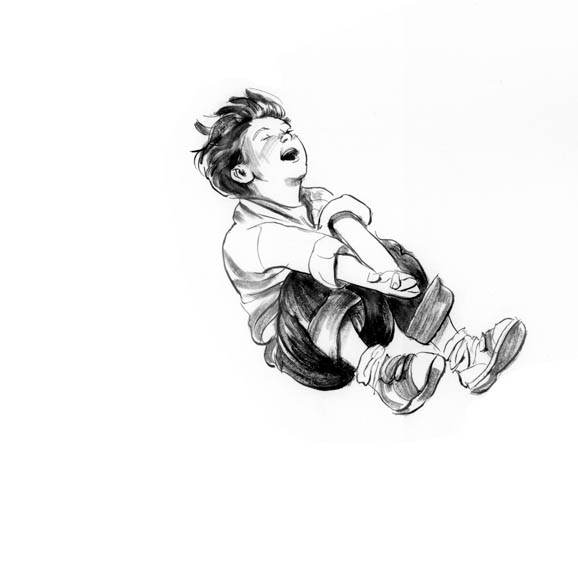

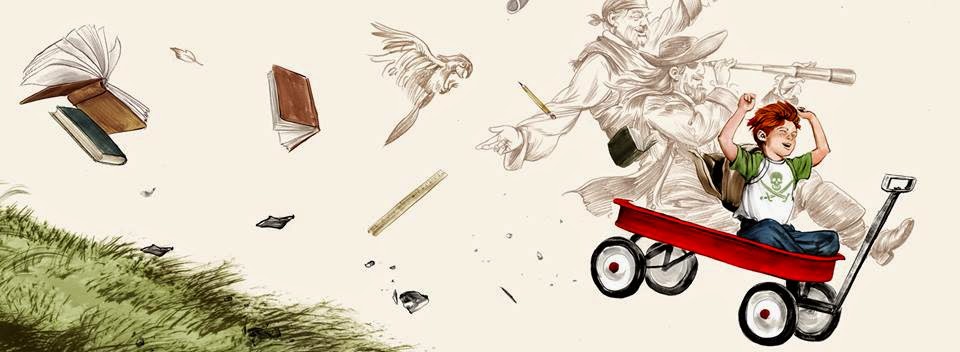
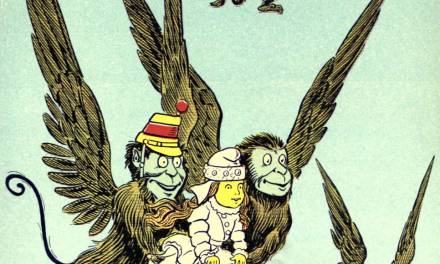
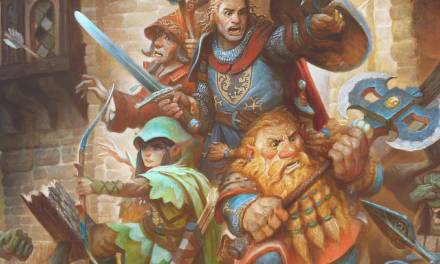
Wonderful post Greg.It is great to read your reflections on narrative in general and more so in this particular case.The fundamental true you mention: Be honest, be human, be respectful to your audience is of significant value when the pre-concived notion regarding kid's literature(and almost everything geared towards them) is about contempt, scorn and just plain underestimation.
Just wanted to show my appreciation,thanks for a good reading.
Thanks- it really is a medium that teaches so much you need as a narrative artist, or to come down from the knee-jerk sensationalism and violence a lot of creatives use as stand ins for delivering the point. Glad to hear the article rang a bell.
Greg I thoroughly enjoyed reading your article. I couldn't agree more with sentiments you expressed. The best stories for children, the ones that resonate with them and echo on for decades in their hearts and minds, contain at least a pinch of darkness and fear. It reflects the truth. The world is an often scary place when you're a kid. Acknowledging that fear and the bravery it takes to face it is the secret to success.
Right. exactly. Kids go through all the stuff we do, just on a different scale and with different stakes… but they do so more purely and more directly.
Thanks for this! I always enjoy reading your posts, and deciphering them – TOO! 😉
I love the title: 'Why All Storytellers Should Tell Children's Stories'
A wonderfully inspiring post.
Thank you.
May I introduce to you my own humble attempt: From Ireland – Original Stories for Children
With my compliments,
Richard
good